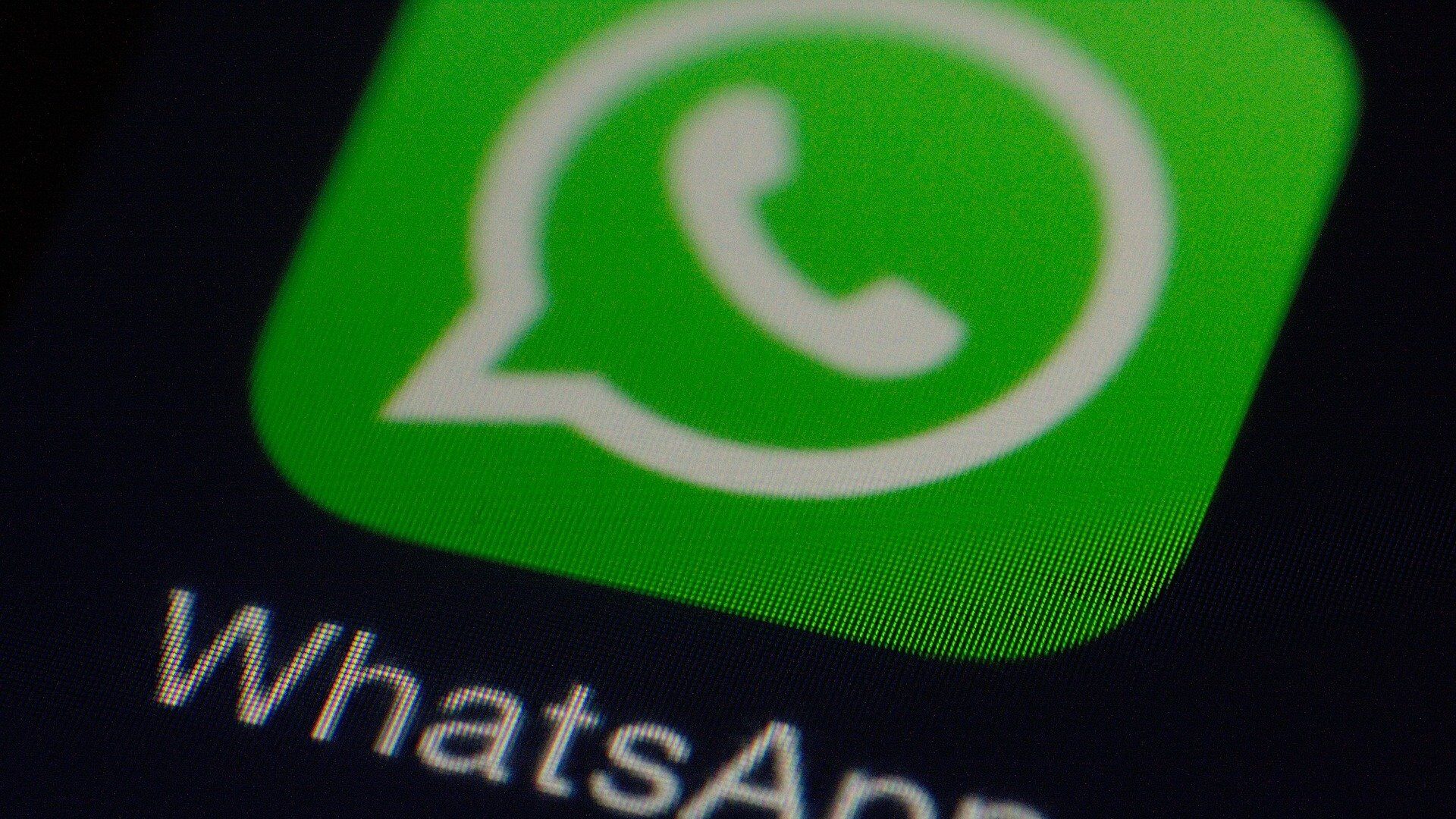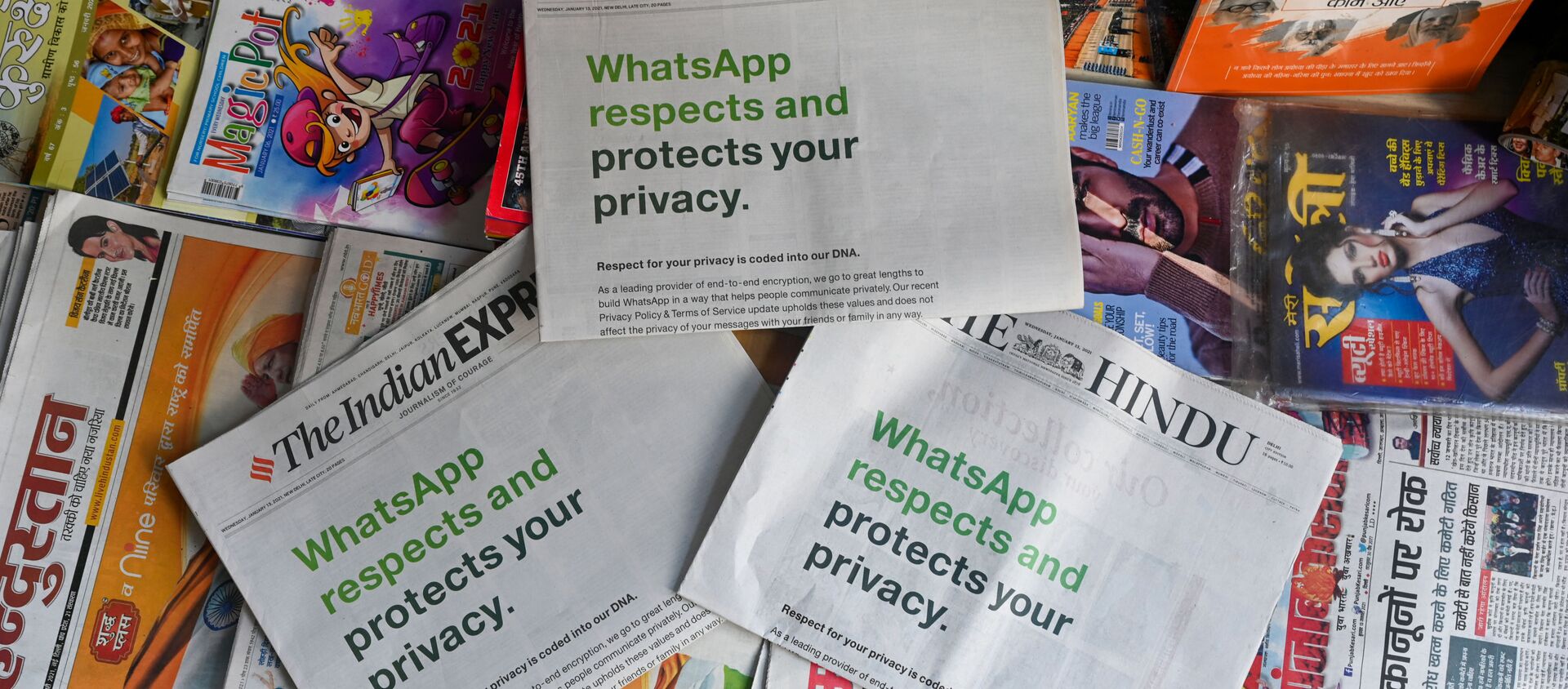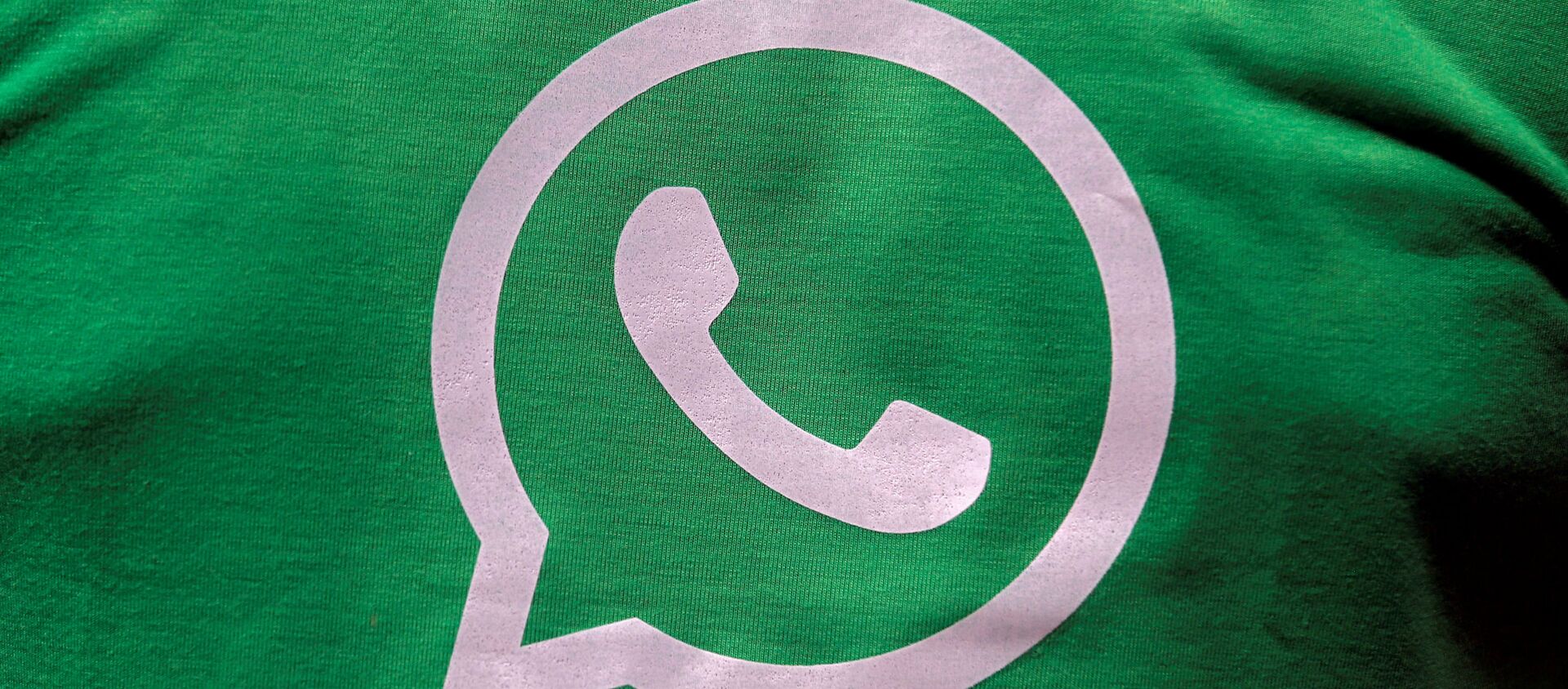In March 2021, the Economic Times reported that Indian government officials had proposed a new technology called "Alpha-Numeric Hashes", claiming that it would allow WhatsApp to trace the origins of messages without having to break its encryption technology.
Talking to Sputnik, senior Indian tech policy expert Pranav Bhaskar Tiwari explained that alpha-numeric hashes are meant to defeat end-to-end encryption.
"The solution proposed is old and has been put forth in the Indian context by Dr Kamakoti before the Madras High Court previously. At that point too, the solution was widely criticised because it is a regressive solution that takes the technology decades back to the early 2000s and is proposed without understanding the very nature of the end-to-end encryption protocol used by Signal and WhatsApp", said Tiwari, who is a cyber lawyer by profession and manages the programme on encryption and platform regulation at the Indian think tank The Dialogue.
According to Tiwari, no known benefit of this technology exists. Moreover, it is uncertain if the technology could actually trace the originator of a said message.
"Tech-savvy criminals will just shift to another unregulated end-to-end encrypted platform or craft their own platform to communicate using tutorials and technologies freely available on portals like GitHub. Terrorists from al-Qaeda (a terrorist group banned in Russia) have previously done the same. The encryption genie is out of the bottle and is here to stay. Now, if encryption is outlawed then only the outlaws will have access to encryption. While the law-abiding citizenry will be rendered susceptible to cyberattacks", Tiwari added.
The reason why globally used messaging apps like WhatsApp, Telegram, and Signal boast about providing end-to-end encryption to their users is because the technology ensures that the messages sent are not attacked in transit and the receiver can be certain the message is sent by a particular sender and is not spoofed.
Encryption is currently recommended as a key privacy feature by design and a default component in messaging apps in the US, Europe, and several other jurisdictions. An Indian personal data protection bill, which is currently in the works, is also likely to recommend using encryption for safeguarding privacy on mobile apps.
Diving deeper into the subject, Arya Tripathi, a cyber lawyer and partner at the business law firm PSA, said implementing alpha-numeric hashes to trace the origin of viral messages blatantly puts the fundamental right to free speech and privacy of Indians and everybody who they interact with globally at stake, leading to violations of international human rights obligations.
Questioning the mere point of mandating traceability, Tripathi noted that adding technologies like alpha-numeric hashes on e-messages will only be able to tell who shared the message but will not be able to attribute the intention behind the message and in India, a person is considered innocent until proven guilty.
"With this in mind, alpha-numeric hashes cannot be conclusive proof to attribute criminal liability, as the same is susceptible to spoofing by cyber criminals who could implicate innocent persons. Also what happens to innocent individuals who are sharing information to create awareness? Will they be prosecuted? In effect and if we assume the objective is to prevent and prosecute criminal activities, the rule fails to meet the standards. Nonetheless, it creates reasonable suspicion that tracing will result in surveillance and censorship and consequently, create a chilling effect on valued fundamental rights", Tripathi said.
At present, WhatsApp has not officially revealed its stance on the Indian government's suggestion of using an old technology to facilitate message traceability.
As an alternative, WhatsApp's parent, Facebook, had reportedly suggested the use of metadata and machine intelligence to help enforcement agencies determine the basic details of a suspicious WhatsApp communication like call duration to check the origin and stop the spread of fake news in India.
The Indian government, however, rejected the suggested alternatives to traceability of WhatsApp messages. For now, it remains to be seen what steps Facebook and WhatsApp will take.







